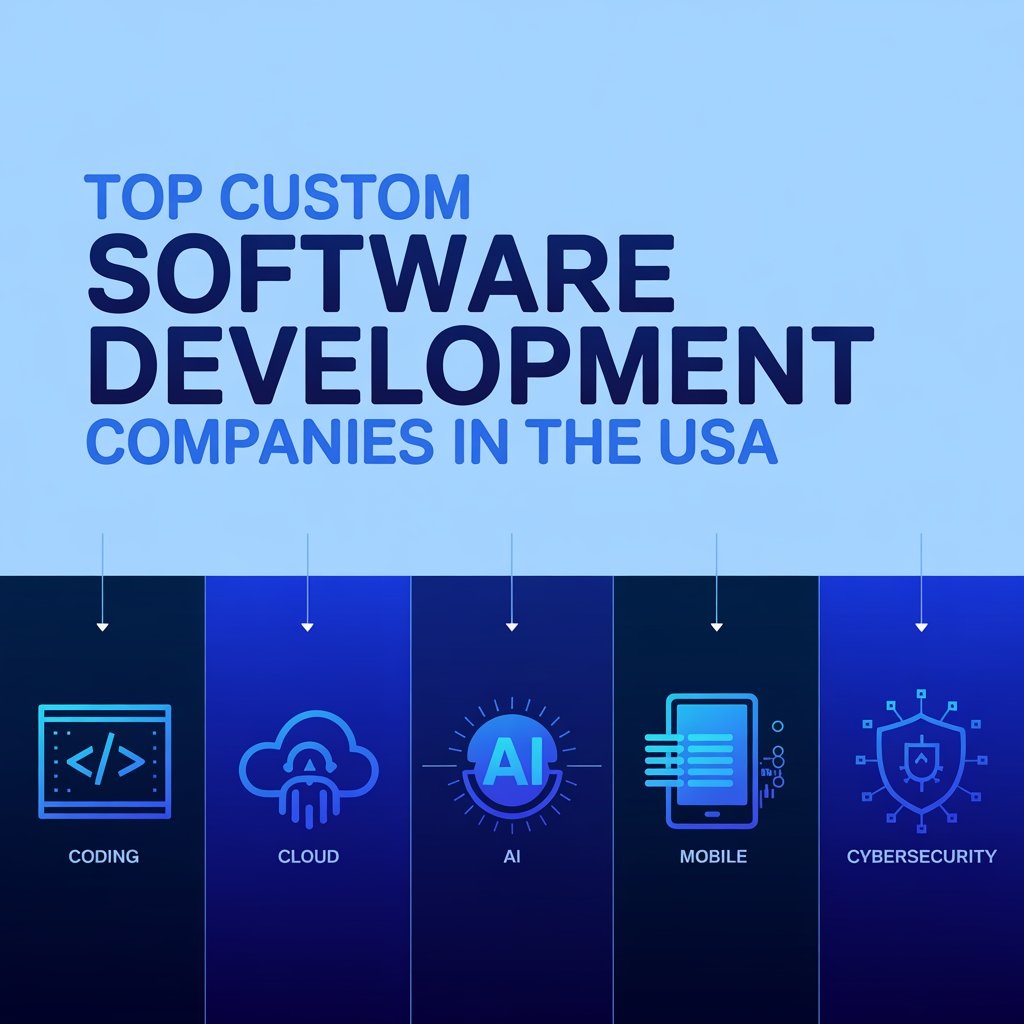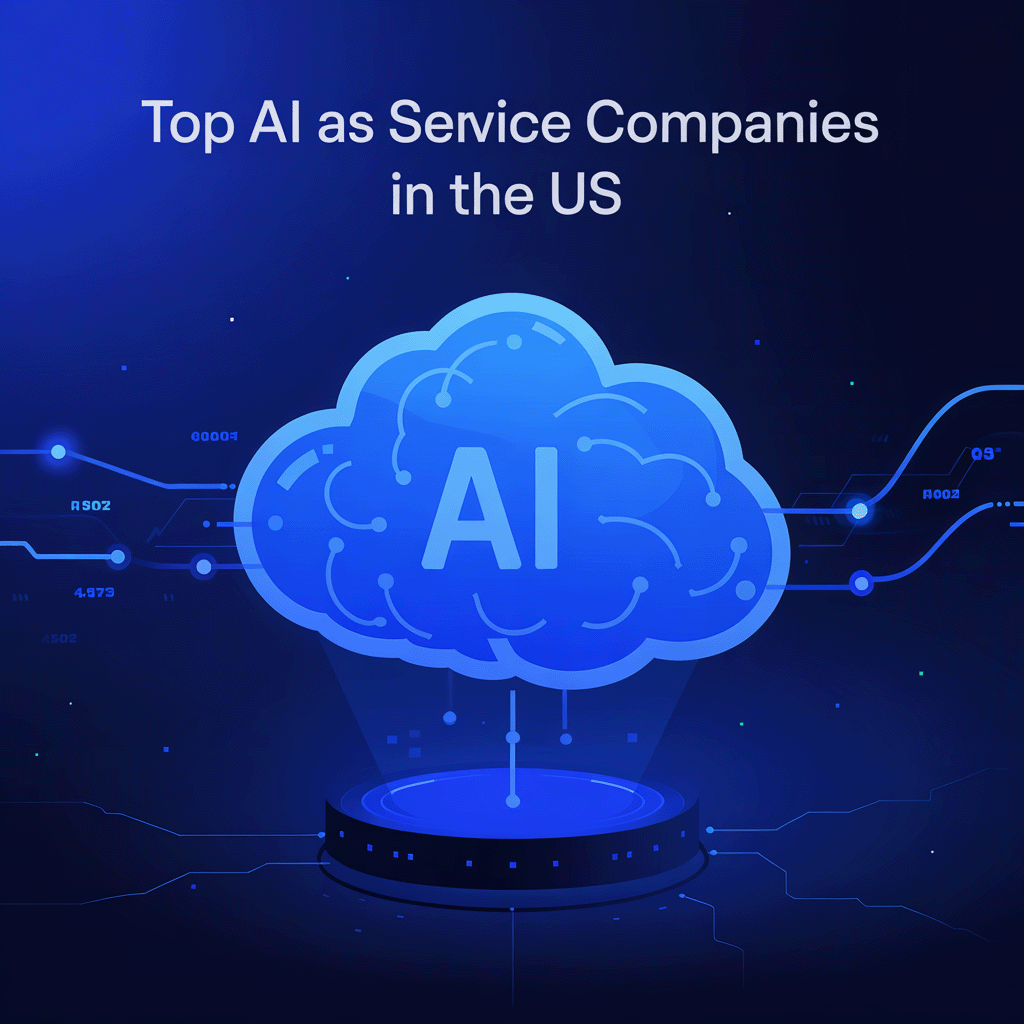Are you ready to supercharge your financial management in 2025? Various finance AI tools can overhaul cash-handling processes, data analytics approaches, and strategic decision-making tactics. If you aim to make your operations swifter or are genuinely interested in recent technologies, the finance AI tools in place in 2025 offer much to be admired.
A BCG research report shows that 71% of managers plan on increasing their technology investments this year, compared to 60% last year. In addition, 85% of leaders surveyed in BCGs research will increase their expenditure on AI and genetics AI (GenAI), 89% think it will be among top-3 priorities, and 54% expect cost savings from the use of AI in 2025, with half of them expecting savings of more than 10%, driven by increased productivity in operations, customer service, and improved IT departments.
AI tools range in finance management from intelligent budgeting helpers to platforms for predictive analysis—all developed to make life easier when it comes to finance, accuracy, and efficiency. So, let’s explore some of the leading AI-powered finance solutions causing ripples in 2025 and understand how they could take your financial management skills higher up the echelon.

The Evolving Role of AI in Finance
AI has been changing the finance sector for years. At first, it helped with boring tasks and huge amounts of data. Now, with machine learning and natural language processing, AI does more complex jobs like predicting what might happen, finding fraud, and talking to customers personally.
Financial AI apps are used for trading, checking credit risks, and customer service. They help different parts of the industry work together smoothly and make decisions quickly.
Three things will make a big impact on AI in finance:
- Banks and financial companies are using AI to be more efficient and competitive.
- The fintech industry, which uses AI, is growing and offering new ways to invest, changing the finance industry.
- Governments will start paying more attention to making sure AI is used fairly and safely.
Using AI in finance has three main benefits:
- Experts can focus on important tasks, not boring ones.
- AI helps make more accurate predictions and finds mistakes.
- AI helps give customers a more personalized experience.

AI Tools for Financial Planning and Analysis (FP&A)
1. Anaplan
Anaplan pulsates businesses using its Connected Planning platform to strengthen strategic engagement, encourage risk-taking, and hasten performance delivery. Committed to innovation, Anaplan fosters inclusion and offers extraordinary customer service.
Features
- Connected Planning: Seamlessly integrates planning across the organization.
- Scenario Modeling: Allows dynamic evaluation of future strategies.
- Zero-Based Budgeting: Promotes disciplined, justifiable expense planning.
Use Cases
- Revenue Planning: Aligns revenue strategies for growth.
- OpEx Planning: Optimizes expenses across departments.
- Headcount Planning: Manages workforce costs efficiently.
2. Workday Adaptive Planning
Workday Adaptive Planning is the best in EPM because it is highly AI-powered and machine learning-enabled, rendering it very flexible, connected, and scalable. Make better and faster decisions by improving your budgeting, planning, financial analysis, and modeling using data visualization designs together with AI-driven insights.
Features
- Flexible Budgeting: Easily adjust budgets to accommodate changing financial needs and business conditions.
- Scenario Planning: Model different financial scenarios to anticipate potential outcomes and make informed decisions.
- Workforce Planning: Align hiring plans with business goals across finance, HR, sales, and IT.
Use Cases
- Data-Driven Decisions: Make informed choices using real-time financial data.
- Strategic Hiring: Plan workforce expansion aligned with growth objectives.
- Streamlined Consolidation: Improve accuracy and transparency in financial reporting for complex organizations.
AI Tools for Expense Management
1. Expensify
This expense app simplifies how you track and manage your expenses by including functionalities such as receipt scanning, automated creation of invoices and corporate cards, and automatic payment of bills. It is compatible with more than 45 platforms, which helps reduce the time spent on travel arrangements. Besides, it guarantees safety against fraudulent activities while offering some cash back.
Features
- Spend Management: Oversee expenses, vendors, and invoices while analyzing spending trends and forecasting budgets.
- Receipt Tracking: Scan and auto-record receipt details like vendor, date, and amount via mobile app.
- Expensify Card: Use a corporate card that automatically captures transactions for expense reports.
Use Cases
- Invoice Creation: Quickly generate and send invoices with auto-calculated fees and taxes.
- Automated Bill Payment: Streamline bill approvals and payments, ensuring timely and accurate processing.
- Travel Management: Import travel-related expenses seamlessly.
2. SAP Concur
SAP Concur allows businesses to operate more efficiently from any location by automating expenditure procedures. It enables submissions on spending from any location while providing solutions that make it easy to manage all travel, AP, and expenses in general with added control and simplicity.
Features
- Expense Submission: Submit expenses from any location.
- Automated AP Processes: Streamline and integrate accounts payable tasks.
- Travel Expense Capture: Track travel expenses no matter where booked.
Use Cases
- Travel Tracking: Capture and manage travel-related expenses easily.
- Financial Integration: Connect expense data with existing financial systems for unified reporting.
- Operational Efficiency: Automate routine processes to reduce manual tasks and errors.

AI Tools for Financial Risk Management
1. Kensho
Kensho offers cutting-edge tools that accurately transcribe audio, identify entities, analyze documents, and extract data from PDF files. These tools significantly enhance data management and analysis skills while guaranteeing accuracy and efficiency.
Features
- Speech to Text: Accurately transcribe complex audio with 25% improved accuracy.
- Entity Identification: Detect and link entities in text to knowledge bases.
- Data Mapping: Link company data to S&P Global IDs for improved data quality.
Use Cases
- Transcribing Financial Meetings: Convert business audio into text efficiently.
- Automated Document Analysis: Understand and enrich document content effortlessly.
- Structuring PDF Data: Extract and organize data from PDFs for analytics.
2. Ayasdi
The Ayasdi AI platform integrates high-level AI instruments, scalable computing, and tailored frameworks to resolve difficult data problems. It is good at finding secret models, making processes automatic, and giving bespoke answers within such areas as banking, public sector, or scientific organizations to get better results at lower costs. Delve into details of AI in banking and how it’s used in our expert blog.
Features
- Advanced AI Tools: Combines machine learning, statistical algorithms, and topological data analysis.
- Custom Frameworks: Tailored application frameworks for specific business needs.
- Pattern Discovery: Uncovers hidden patterns in complex data.
Use Cases
- Research Analysis: Accelerates scientific discoveries.
- Fraud Detection: Spots anomalies in transactions.
- Customer Segmentation: Enhances marketing strategies.

AI Tools for Automated Financial Reporting
1. Workiva
Workiva makes it easy for many organizations, like 85% of Fortune 500®, to do complex tasks. It uses internet systems to connect information and people while guaranteeing regulatory requirements and safety. To collaborate better and make stronger ties with current workflows, Workiva combines fundamental business information from beginning sources.
Features
- Data Integration: Centralize financial and non-financial data into a unified source of truth.
- Unified Processes: Streamline workflows across financial reporting, ESG, and GRC for enhanced efficiency.
- Tailored Solutions: Adapt the platform to fit specific business needs and regulatory requirements.
Use Cases
- Centralized Data Management: Aggregate various data sources into a single platform for better insights and decision-making.
- Streamlined Reporting: Enhance cross-team collaboration and simplify financial and regulatory reporting processes.
- Regulatory Compliance: Ensure adherence to current and future regulations with built-in compliance features.
2. BlackLine
BlackLine helps finance and accounting teams upgrade their operations through automation and advanced analysis techniques. Automatic financial close-out, reduced intercompany procedures, and highly effective invoice-to-cash workflows are some of its features that improve efficiency, submission to legal requirements, and the control of financial resources.
Features
- Automated Financial Close: Accelerate and secure the financial closing process.
- Streamlined Intercompany Processes: Enhance compliance and operational efficiency in intercompany transactions.
- Optimized Invoice-to-Cash: Improve cash flow and working capital management.
Use Cases
- Efficient Monthly Closures: Reduce manual effort and errors in monthly financial closing tasks.
- Regulatory Compliance: Ensure accurate and compliant intercompany transactions and reporting.
- Enhanced Cash Flow Management: Optimize cash flow and working capital to support business growth.
AI Tools for Investment Management
1.AlphaSense
AlphaSense uses complex AI and NLP technology to assist organizations in extracting important information from over 300 million documents, some of which are their own. AlphaSense makes market analysis, competitive intelligence, and strategic planning easier through live monitoring, high-level enterprise security, and automated workflows that ensure nothing is missed.
Features
- Real-Time Insights: Monitor and surface critical insights in real time to avoid missing important information.
- Enterprise-Grade Security: Safeguard your data with top-tier security standards, including zero-trust models and encryption.
- Comprehensive Search Capabilities: Search across companies, industries, trends, or topics with precision.
Use Cases
- Competitor Observation: To stay ahead in the market, it’s essential to monitor the daily actions and trends of your competitors.
- Strategic Organization: Employ immediate statistics and consciousness for strategic selection-making and long-term planning.
- Compliance Tracking: Stay informed about pertinent industry shifts and revisions and guarantee adherence to regulations.
2. Kavout
Kavout uses the latest AI and machine learning to change the way people invest their money. Thanks to K Score, an anticipated equity rating system, and access to various well-researched equity factors libraries, investors can gain confidence in data-driven decision-making processes. By blending profound data connections, custom index solutions, and advanced analytics tools, the platform provides personalized strategies for different investment needs.
Features
- K Score: A predictive equity rating system that helps investors make informed buy/sell decisions based on a score between 0 and 9, indicating the probability of outperformance.
- Machine Learning Integration: Advanced finance AI and machine learning methodologies are applied to analyze and rank over 200 factors, including fundamental, price/volume, and alternative data.
- Custom Index Solutions: Offers custom index enhancement portfolios combining ETF benefits with direct indexing for tailored investment strategies.
Use Cases
- Investment Decision Support: Utilize the K Score to enhance traditional investment models, helping quantitative buy-side firms identify optimal buy/sell signals.
- Custom Portfolio Design: Partner with Kavout to create sector-specific or cross-sector index portfolios, combining machine learning insights with ETF strategies.
- Market Intelligence: Leverage Kavout’s data-driven insights to stay ahead of market trends, particularly in niche markets like China A-Shares, for informed investment strategies.
Emerging Trends in AI for Financial Management
- The transformation of the predictive analytics sector has been caused by the power of AI, which enables more precise market trends, financial risk, and investment predictions. Simultaneously, machine learning models and natural language processing are essential components in analyzing vast volumes of financial information.
- RPA aids in simplifying tedious tasks like transaction processing or receiving reports. This trend is picking up, leading to better efficiency and lowering operational costs.
- The use of artificial intelligence has seen innovation in fraud detection and prevention through interpreting real-time transacting patterns, anomaly recognition, and highly improved flagging of suspicious activities.
- AI enables individualized financial services through chatbots, virtual financial advisors, and tailored investment recommendations based on clients` personal information and preferences.
- Despite being in its infancy, quantum computing is set to transform financial modeling and risk management by solving issues even faster.
Adoption Challenges
- Protection of Data: Large-scale concern is centered on how sensitive financial data can be kept more confidential and out of the reach of unauthorized people.
- Customizations to Legacy Systems: Coupling preexistent economic software and brainpower tools can be challenging and expensive.
- Regulatory Concerns: Financial sector players need to understand and apply laws and regulations to their finance operations, but ever-changing rules and enforcement surrounding the application of AI to finance can make this challenging.
- Ethical Concerns: Artificial intelligence algorithms must be based on equity and transparency to maintain confidence and avoid ethics issues and prejudices.
- Talent Shortage: The scarcity of experts who have mastered artificial intelligence and financial proficiency has led to a significant shortage of such individuals globally.
Best Practices for Integrating Finance AI Tools
- Be Sure Your Strategy is Clear: Consider setting finance AI goals that match your financial goals. You should also identify sections where AI would be beneficial and prioritize them.
- Ensure Proper Data Quality: Quality data must be used to avoid failure in AI performance. Ensure that data management and cleaning processes are put in place to ensure that AI systems use accurate and dependable data.
- Choose the Best Technology: As far as technology is concerned, go for the AI features and platforms that best serve your firm and can perfectly blend with the systems that are already in existence. When selecting technology, consider the subject of scalability and future growth.
- Focus on Change Management: Develop an organizational change plan to address company resistance and ensure a smooth transition. Employees should be trained in the use of new AI tools and processes.
- Performance Monitoring and Evaluation: AI system performance should be regularly checked, and its financial management impacts should be scrutinized. To achieve these objectives, feedback must be used to make necessary adjustments.
How LITSLINK Elevates Financial Application Development for Your Business?
LITSLINK specializes in developing groundbreaking AI solutions specific to your company’s demands. Our experts are ready to provide you with cutting-edge AI technology that will transform your financial management processes and lead to better efficiency and growth.
- Personalized Financial Tools: Our team designs financial solutions driven by artificial intelligence specific to your company’s needs.
- Proficient development staff: Our professionals have a lot of experience creating financial apps.
- Hassle-free integration: We guarantee hassle-free integration between your current system and our financial tools.
- Regulation and Security: All financial apps we develop are secure and comply with regulations.
- Flexibility and Growth with scalability: Systems that we provide grow as your business grows so that you can be sure they won’t hold you back.
Don’t miss the opportunity to future-proof your business—connect with LITSLINK specialists today to build the finance AI tools that will keep you ahead of the curve.
Conclusion
Artificial intelligence tools are transforming financial management by automating repetitive processes such as risk management and creating customized strategies. This technological advancement does more than streamline operations; it offers improved predictions through advanced analytic techniques that rely on data for decision-making. The importance of AI in financial management will increase due to the quest for productivity, precision, and strategic innovation.
Recap of Key Points
- Automating tasks like data entry, invoice processing, and expense tracking with finance AI tools will significantly reduce manual work and improve efficiency and accuracy.
- With AI-driven analytics, businesses will achieve more reliable and accurate financial forecasts, enabling them to improve their strategic decisions.
- Finance AI tools enable the early detection of fraud and other financial threats.
- AI-powered platforms provide customized financial advice tailored to an individual’s needs, thus improving financial outcomes.
Growth and stability are driven by businesses that make more informed and strategic financial decisions through real-time insights and predictive analytics enabled by finance AI tools.





